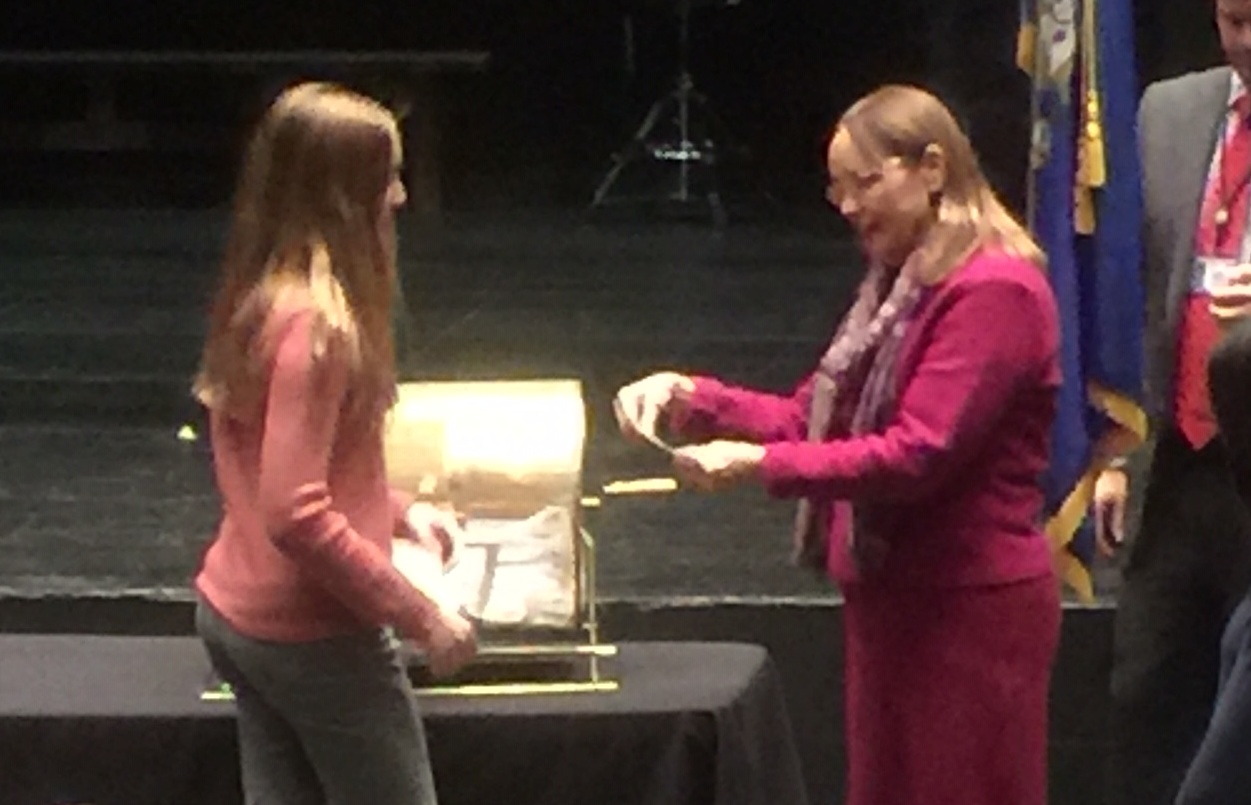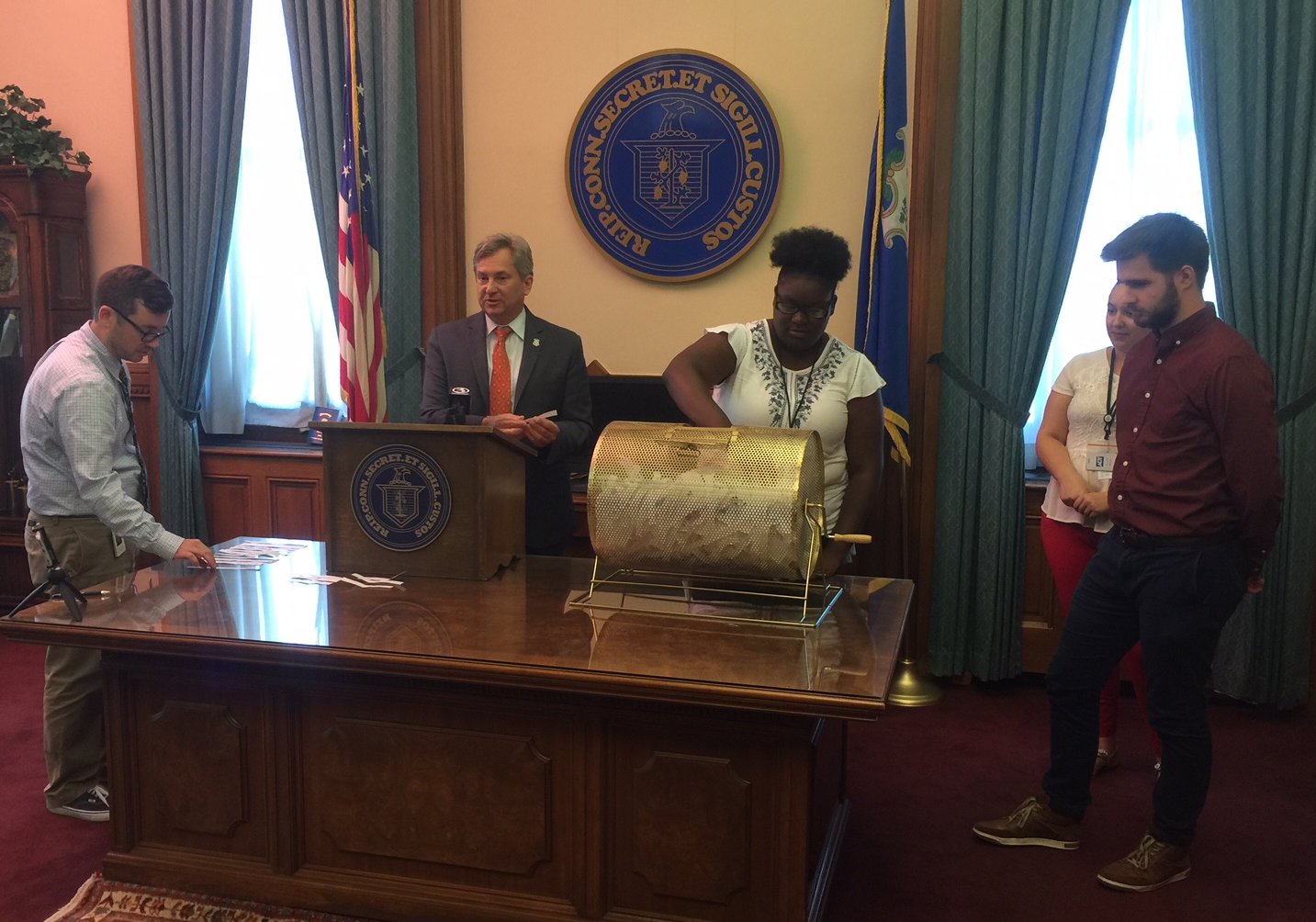After every general election and primary, Connecticut law requires a post-election audit. Such audits are intended to provide justified confidence in our elections, that errors were not made, and that machines have not been hacked. However, unless something is done, this year the audits will be by far the weakest, least credible since audits were initiated with the adoption of optical scanners in 2007.
Reasonably, in the COVID emergency, Gov. Ned Lamont and Secretary of the State Merrill have provided the opportunity for everyone to vote by absentee ballot in the primary. It is likely the General Assembly will do the same for the general election. Unfortunately, this will exacerbate preexisting gaps in our post-election audits.
Congress and voters are concerned with the potential for hacking by foreign governments and insiders, others do not trust the integrity of mail-in voting. The Federal Government has provided billions for protecting elections, with Connecticut spending millions of that Federal money on cyber security and absentee ballot mailings. In contrast, past audits have cost less than $100,000 in a presidential year and this year are on course to be halved in cost and effort for a second time.
In 2007 the General Assembly passed post-election audits that mandated auditing the counts in 10% of our polling place voting machines. The audits have proven useful in providing overall confidence and in identifying some flaws in the operation of those machines, uncovering persistent errors by officials, rather than computer errors, and exposing gaps in ballot security.
From the beginning, the audit law exempted hand-counted ballots, absentee ballots, and election day registration ballots — all under the flawed theory that if some machines count ballots accurately, they all do, even if they are exempted from the audit. Exempting ballots from audits provides hackers and insiders a formula for where to attack. The law includes no auditing of any of the processes around the election such as voter registration, absentee ballot applications, absentee ballot processing, or physical security of ballots.
Uniquely in Connecticut government, elections are beyond the scope of the state auditors or any sort of independent auditing. Several elections ago, the General Assembly, with the encouragement of the Registrars of Voters Association, cut the audit in half to 5%. Even with that, over 90% of ballots cast were subject to random selection for audit.
Now we face a primary, a critical election, and COVID-19. There will be a scramble to accurately process an unprecedented load of 10 to 15 times the number of absentee ballots. Since absentee ballots are excluded from the audit, less than half our votes will be subject to random selection and in the end only 1.5% to 2% will actually be audited. There will be no auditing of the absentee ballot processing and ballot security.
Registrars object to the expense and the drudgery of calling back polling-place officials to hand count selected ballots. That should no longer be a concern. The Secretary of the State’s office and the University of Connecticut have already built, tested, and paid for an electronically assisted post-election audit system. With that system registrars transport ballots to Hartford while the Secretary’s staff and UConn audit them under public observation. They verify a very small sample by hand against the UConn system. That system has been prototyped and in use for several elections. Last year it was used for over half of the towns selected for audit.
The General Assembly should act, at a minimum, to expand the current 5% audit to include all machine-counted ballots and order an independent audit of the absentee processes and ballot security. Failing that, the governor or Secretary Merrill should order those extensions. Available federal money is authorized to fund audits. There is a precedent. In 2008, facing a critical election and a public concerned with our new voting machines, using Help America Vote Act funding, Lt. Gov. Susan Bysiewicz, then Secretary of the State, ordered that the 10% audit for the primary be expanded to 30%.
It is critical that we fully audit the August primary so any flaws can be fixed prior to the November election.
Paper ballots are of little use unless we actually vote and then exploit those ballots to provide justified confidence in our elections.
Luther Weeks is Executive Director of the Connecticut Citizen Election Audit.


 On Wednesday, we observed the random drawing of districts for the post-election audit. Eight districts from Bridgeport were selected, demonstrating one of the downsides of using a raffle barrel for a random drawing – excessive correlation of adjacent districts placed in the barrel together. Almost one-third of the districts selected began with ‘B’.
On Wednesday, we observed the random drawing of districts for the post-election audit. Eight districts from Bridgeport were selected, demonstrating one of the downsides of using a raffle barrel for a random drawing – excessive correlation of adjacent districts placed in the barrel together. Almost one-third of the districts selected began with ‘B’. On Thursday Deputy Secretary of the State Scott Bates selected 36 districts for the post-primary audit.<
On Thursday Deputy Secretary of the State Scott Bates selected 36 districts for the post-primary audit.<
